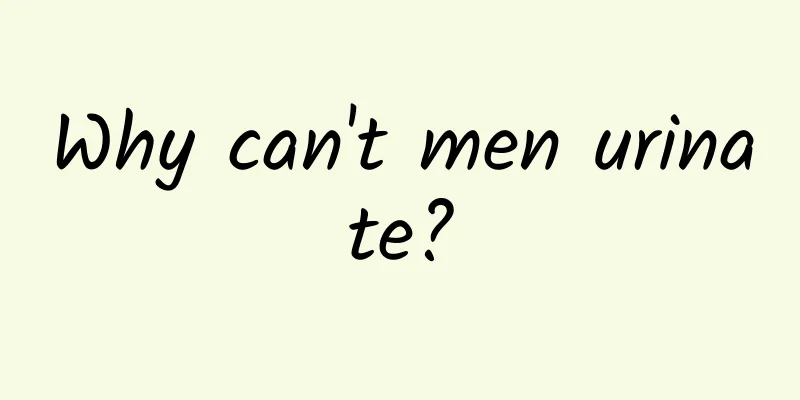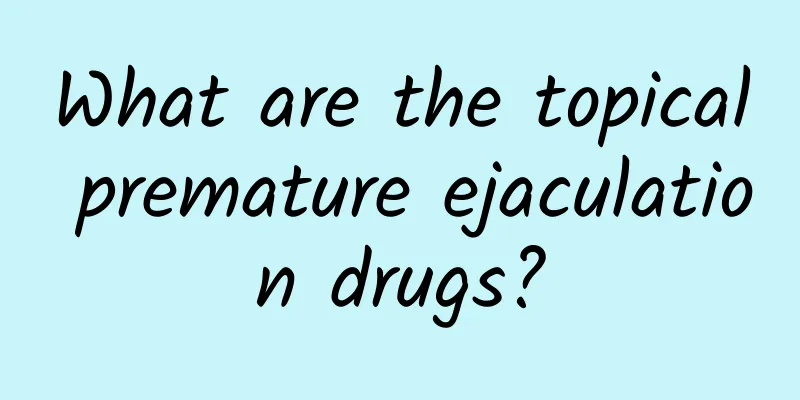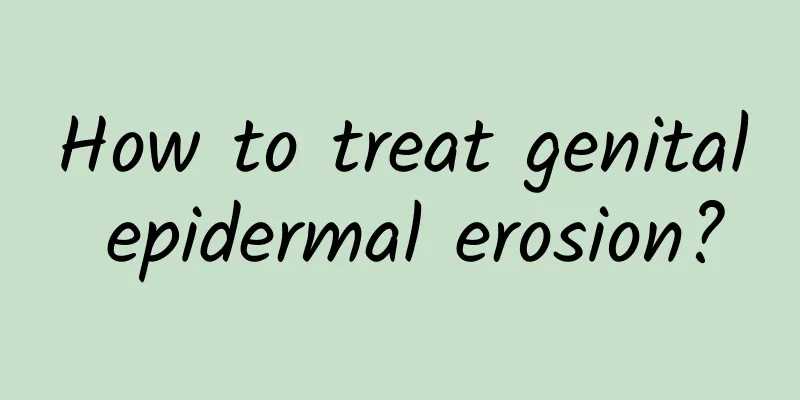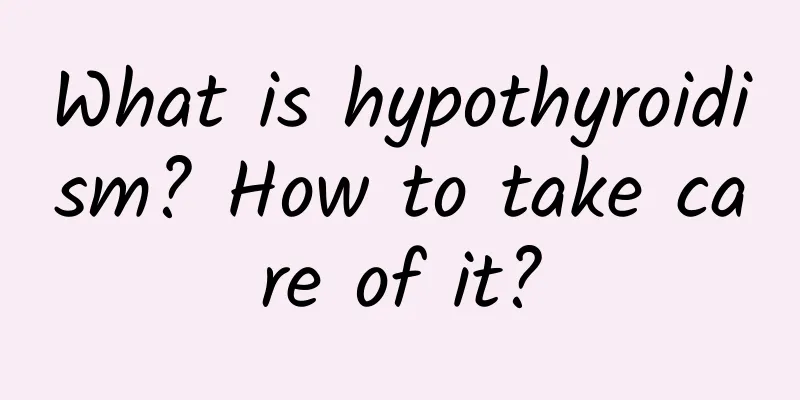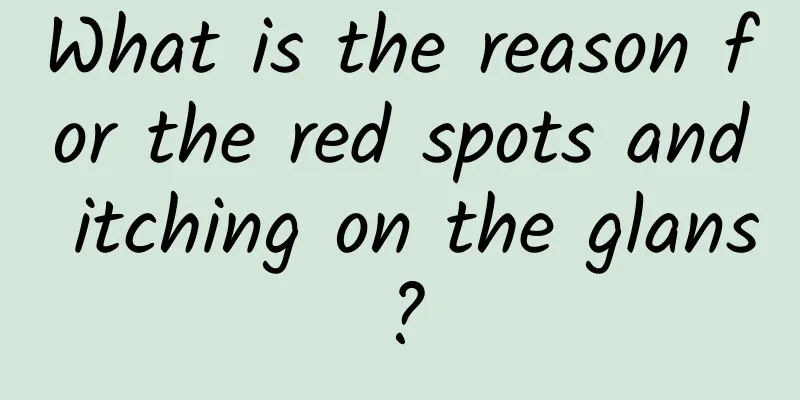Are thyroid gland and hyperthyroidism the same? How to treat hyperthyroidism?
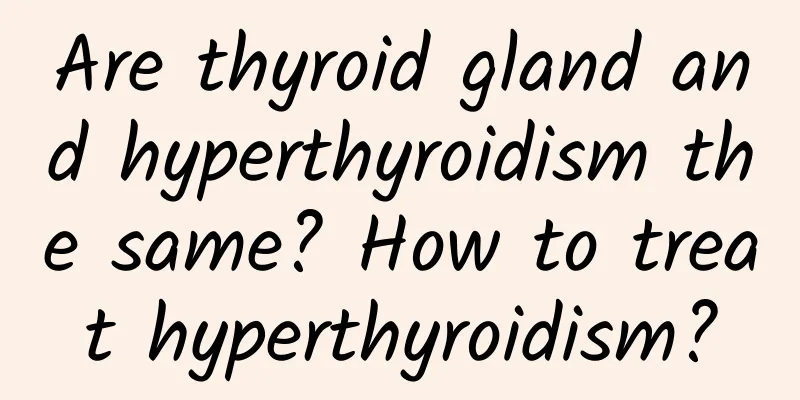
|
For male friends, the thyroid gland is prone to various diseases due to improper care. Hyperthyroidism is one of them. So, are the thyroid gland and hyperthyroidism the same? Are thyroid and hyperthyroidism the same? Different from the others, the thyroid gland is a gland in the human body. Hyperthyroidism is an overactive thyroid gland. Hyperthyroidism is located in the neck. Clinically, it presents with neck swelling, heat intolerance and sweating, palpitations and irritability, poor appetite, impatience and irritability, trembling fingers and tongue, and weight loss. It is a complex pathological process with multiple organs affected and multiple coexisting pathological mechanisms. In treatment, it is often achieved through multiple methods and multiple links such as soothing the liver and regulating qi, clearing the liver and purging fire, strengthening the spleen and resolving phlegm, nourishing yin and reducing fire, nourishing the liver and kidneys, calming the mind, removing phlegm and resolving stagnation, activating blood circulation and removing toxins, so as to adjust the pathological state of environmental imbalance in the human body. Treatment of hyperthyroidism: Drug therapy is suitable for pregnant women with hyperthyroidism, children, and patients with mild thyroid enlargement. Treatment generally takes 1 to 2 years, and the dosage of the drug needs to be increased or decreased according to the thyroid function during treatment. Drug therapy has some side effects, including granulocytopenia, drug allergy, liver damage, joint pain, and vasculitis. In the early stages of drug treatment, the side effects of the drug need to be closely monitored, especially granulocytopenia. Patients need to be warned that if they develop fever and/or sore throat, they need to check their granulocytes immediately to determine whether granulocytopenia occurs. If it occurs, stop the drug and go to the emergency department immediately. Another disadvantage of drug therapy is the high recurrence rate after discontinuation of the drug, which is about 50%. Both radioactive iodine therapy and surgical treatment are destructive treatments. Hyperthyroidism is not likely to recur and treatment only needs one time. Radioactive iodine is suitable for patients with moderate thyroid enlargement or recurrent hyperthyroidism. Doctors calculate the amount of radioactive agent required for each patient based on the patient's thyroid's absorption rate of radioactive iodine. Radioactive iodine is an absolute contraindication for pregnant and breastfeeding women. Because the effect of radioactive iodine has a delayed effect, the incidence of hypothyroidism increases by 3% to 5% per year over time. Radioactive iodine treatment is not suitable for hyperthyroid patients with thyroid eye disease because the eye disease may worsen after treatment. |
<<: What is thyroiditis? Three major clinical manifestations of thyroiditis
>>: Thyroid nodule grading, these three categories are the most common
Recommend
What can I eat during the recovery period of pancreatitis?
The incidence of pancreatitis is very high now. T...
How to get rid of pubic lice, six ways to get rid of pubic lice
Pubic lice are actually small insects that live i...
What causes itching on both sides of the scrotum?
What is the reason for itching on both sides of t...
What to do if a man can't get an erection? Touch this spot more often
The early symptoms of impotence are what men call...
What are the disadvantages of men not ejaculating?
Every man wants to save face and wants to last lo...
What symptoms does yeast infection cause in men?
Mold is a disease of the female private parts. Ho...
Five ways to kiss to see through a man's heart
Kissing is one of the best ways for couples to ex...
How to treat prickly heat, several folk remedies for treating prickly heat in summer
In summer, due to the hot weather, many people wi...
Is it good to apply erythromycin ointment on the broken skin of the glans?
The glans of men can be said to be the most vulne...
What causes testicular and lower abdominal pain?
If the testicles and lower abdomen are swollen, m...
How much does a male circumcision cost?
Long foreskin is a major symptom that affects the...
What can I eat to increase testosterone?
In the human body, testosterone belongs to a clas...
Applying wind oil to the glans penis can delay ejaculation
Recently, there have been some strange claims abo...
What are the symptoms of impotent ejaculation?
Many male friends are not aware of the symptoms o...
Do men have to be circumcised?
The foreskin is the thin layer of skin on the gen...
